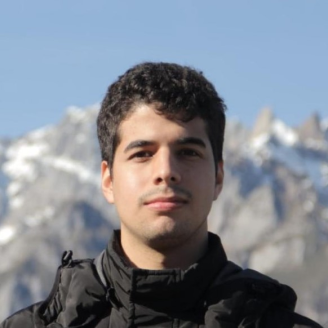About
Expertise
Multidisciplinary work, Roboticist, Electronics Engineer

Candidate for PhD in Robotics at Bristol Robotics Laboratory and graduate tutor at University of West England.
I am a roboticist with an ample international background, working in new designs for tetraplegia assistive devices and soft prosthetics.
Previous colaborations include online data classification with the Assisted Living Studio at the BRL, design tasks with BIOMAP-3D at Universidad Carlos III in Madrid in an ERC funded project, and with Georgia Institute of Technology in bio-medicine department at the Butera Lab.